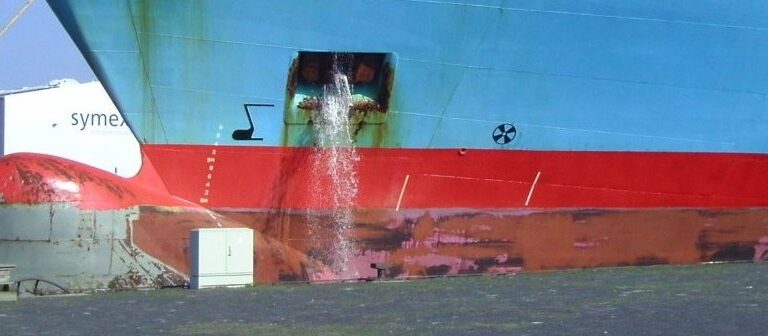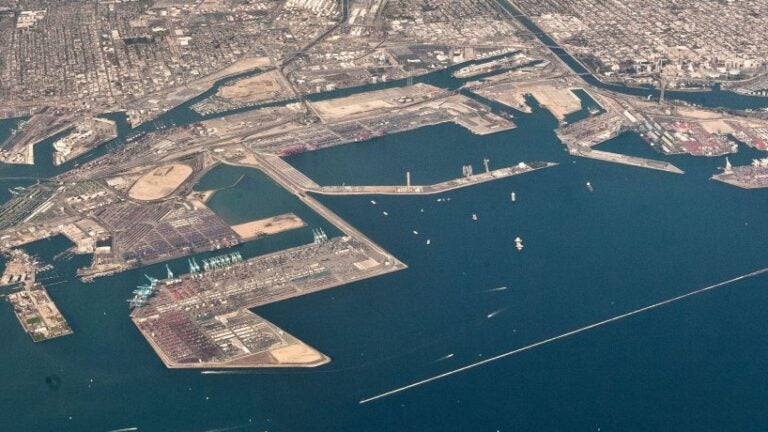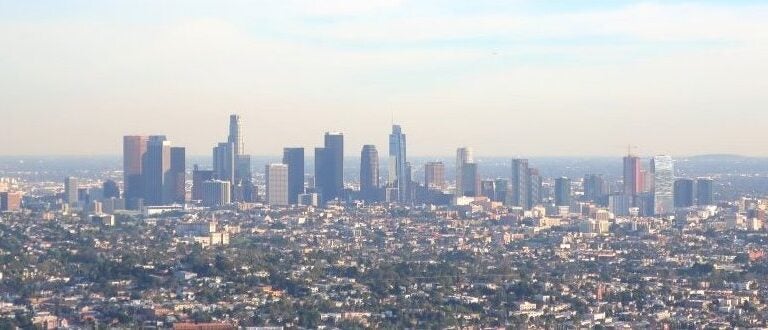The world’s fleet of cargo ships is essential to world trade and yet poses a threat to the world’s oceans. Eliminating the threat would diminish the quality of life of the world’s population. Therefore, through the International Maritime Organization, the United Nations has sought to find a balance between economic activity and the environment. The International Convention for Prevention of Pollution from Ships, called MARPOL, provides mariners and governments throughout the world with consistent guidance in preventing pollution—oil, liquid chemicals, sewage, garbage, and air pollutants—from our international marine supply chain. More locally, in 2006 and in cooperation with one another, the two huge seaports of Los Angeles and Long Beach formed a unique partnership to improve ambient air quality in the Los Angeles air basin. Named the Clean Air Action Plan (CAAP), it addressed mainly diesel engines; these are the engines that produce air pollutants that are routinely trapped in the Los Angeles air basin and contribute to respiratory problems and diseases. USC Sea Grant has actively worked at this nexus of balancing economics and environmental protection and will continue to do so in the future.
Community Engagement
-
Symposium on Evolution of Maritime Fuels, Ship Speed and Operational Efficiency (July 21, 2014, Los Angeles, CA)
-
USC Sea Grant shares lessons from California with China
Published: February 27, 2019
Written By: Dr. James Fawcett -
New research shows a critical gap
Published: September 23, 2015 -
Saving Fuel and the Environment. Fawcett, J.A. (June, 2013).




